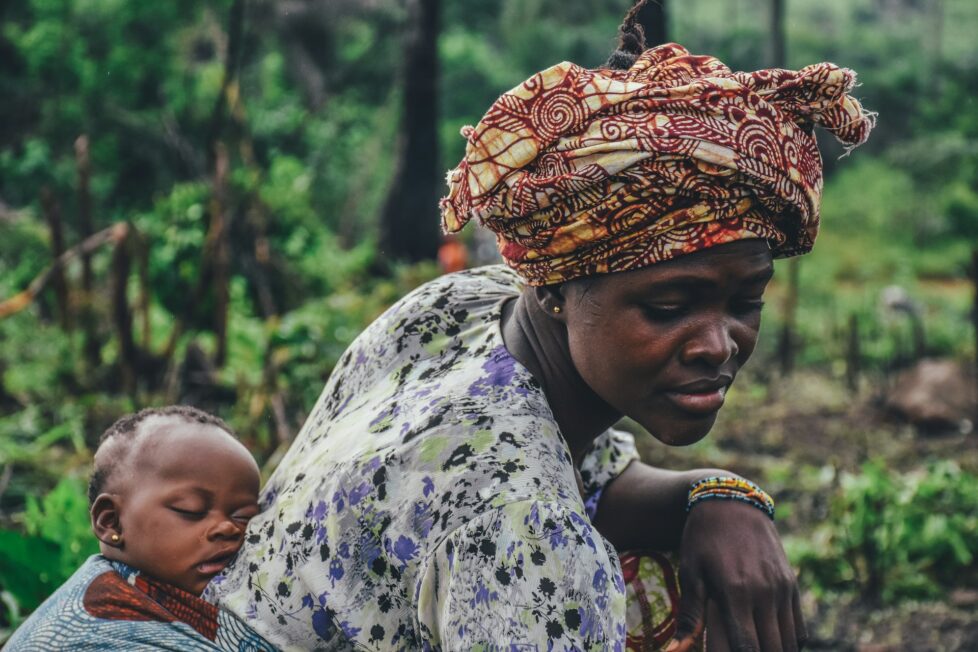Resilience and Resistance: Women’s Stories from Africa
In the heart of an African vibrant country, where the sun scorches the earth and tradition runs deep, countless women wake each day to battles unseen by the outside world. They carry burdens heavier than the weight of their footsteps, the burden of inequality, the weight of silence, and the chains of expectation.
